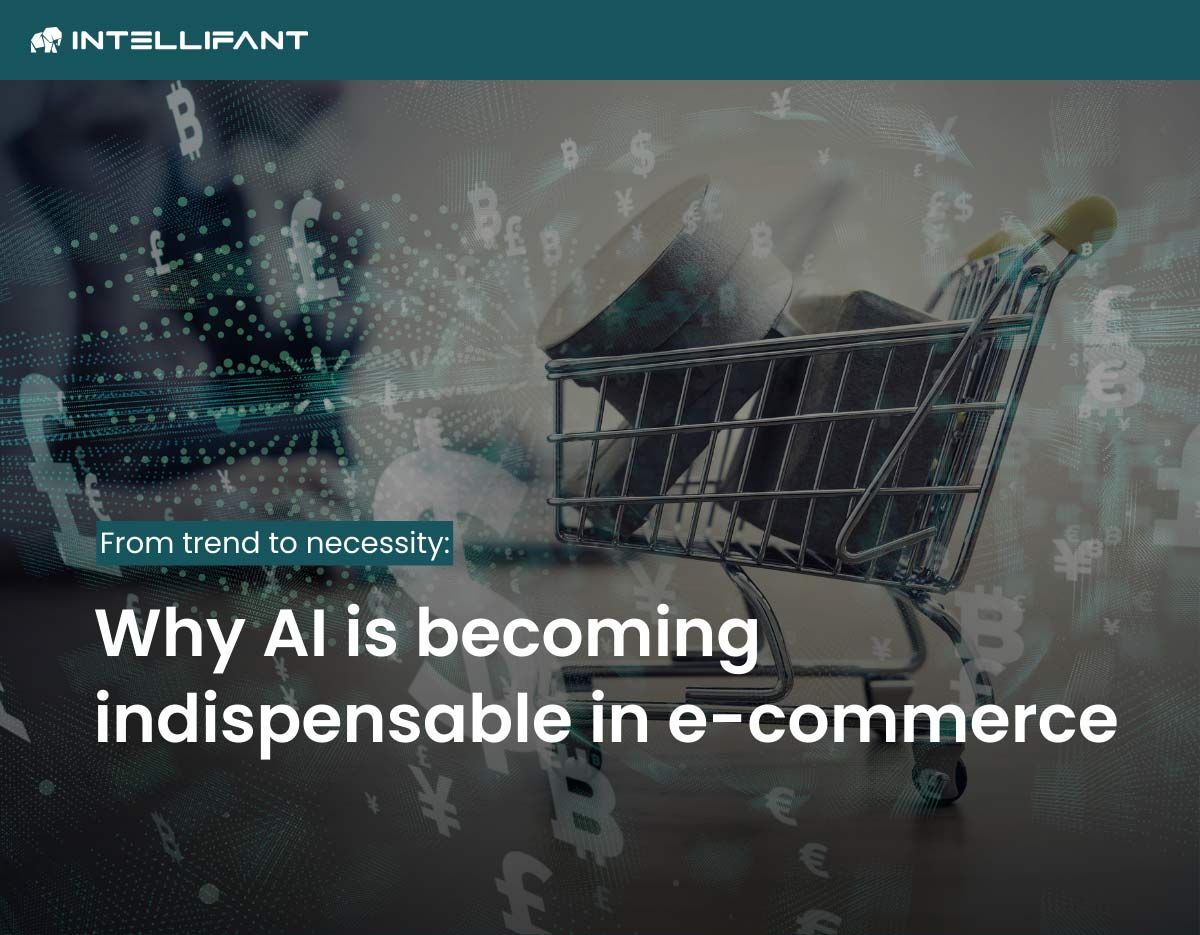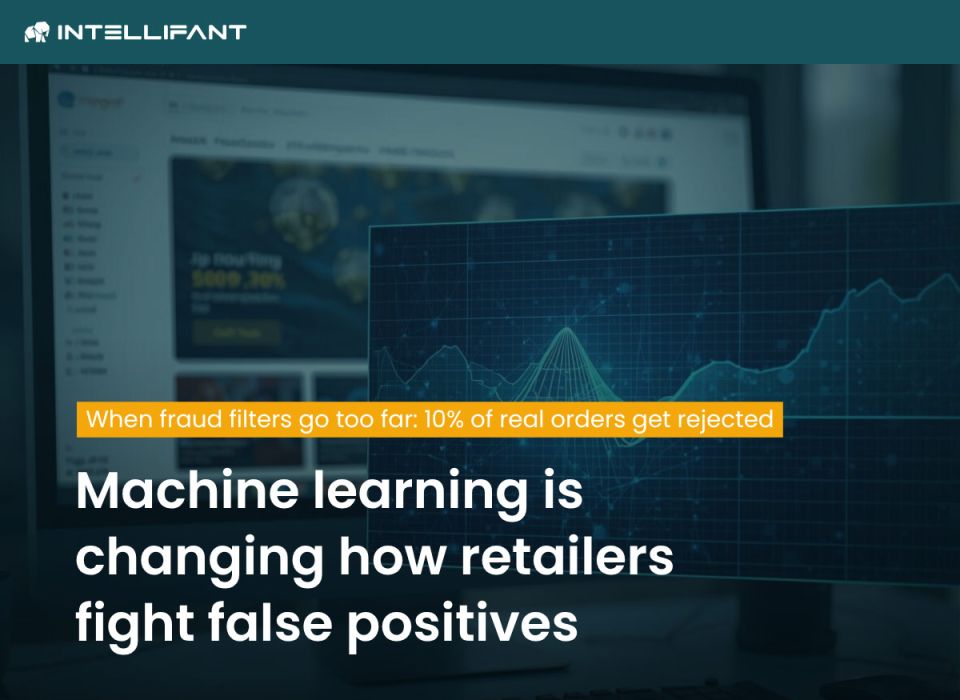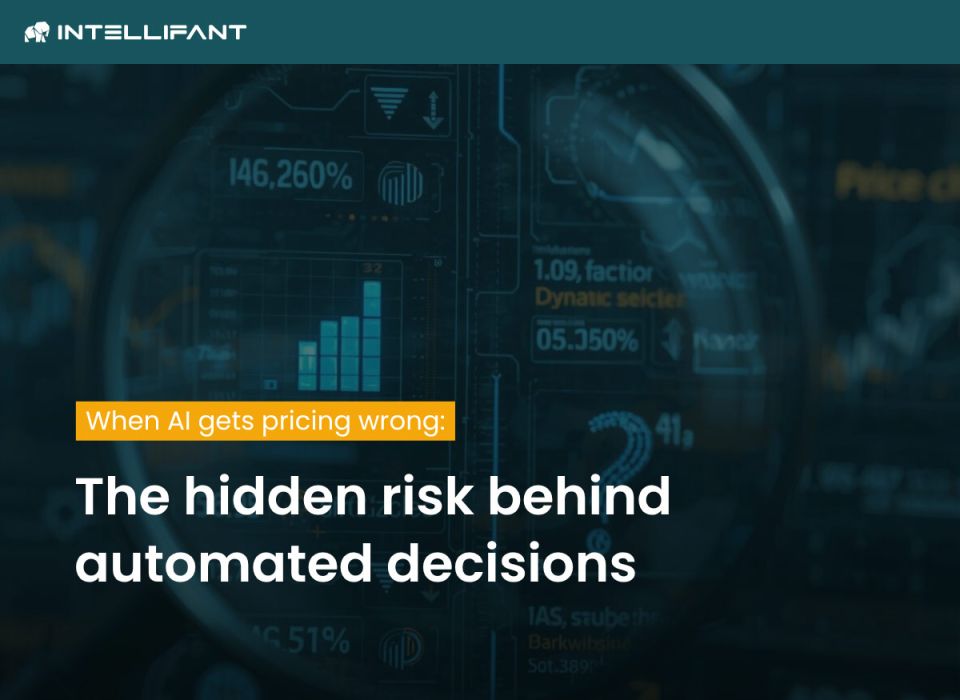AI in e-commerce: more than just a trend term?
“We are just getting started, but in the short time since we launched these features, we already have (...) 30,000 sellers using these offerings,” explained Dharmesh Mehta, Vice President of the Amazon marketplace in summer 2024.
Since then, he has been using Amazon AI technologies to automatically create product descriptions, images and advertisements.
Particularly impressive: The ads generated by AI have a click rate that is up to 20 percent higher than conventional ads.
This example impressively demonstrates that AI has long since become an operational reality in e-commerce - and creates real competitive advantages.
Development: from product recommendation to process intelligence
The role of AI in e-commerce has changed significantly in recent years. What began with simple product recommendations based on purchase histories is now comprehensive process support.
AI systems create demand forecasts, control stock levels, optimize supply chains and support customer service.
This makes artificial intelligence an active part of operational management - no longer just an additional function, but a central control element in day-to-day business.
Status quo: where AI is used in e-commerce today
Many companies are currently using AI in e-commerce primarily for personalized product recommendations, the use of chatbots in customer service and automated pricing.
Targeted use creates more efficient and personalized customer journeys. Chatbots answer customer inquiries around the clock and dynamic pricing algorithms adjust prices to market changes in real time.
These technologies not only increase sales, but also customer satisfaction.
Potential: monitoring, product range management, anomalies
However, the potential of AI in e-commerce goes far beyond marketing and sales. With the help of intelligent data analysis, companies can manage their product range better, identify trends more quickly and close gaps in demand.
At the same time, AI-supported anomaly detection helps to detect anomalies in orders or payments at an early stage - for example, to quickly rectify fraud or technical problems.
These early warning functions make it possible to minimize operational risks and act more responsively.
Integration: role in the software ecosystem & with SaaS providers
Integration into existing systems is crucial for the success of AI in e-commerce. Only when artificial intelligence works smoothly with ERP systems, store platforms and CRM solutions it can develop its full potential.
SaaS providers play a key role: they deliver specialized, scalable solutions that can be flexibly adapted to corporate processes.
By intelligently linking different systems, individual solutions are transformed into a strong, data-based ecosystem.
Outcome: AI as part of operational excellence - not as a buzzword
AI in e-commerce should not be seen as a mere trend. Companies that use AI specifically for operational improvements will give themselves a real head start.
They provide personalized offers, make data-based decisions faster and create outstanding customer experiences.
Artificial intelligence is thus turning from hype into the basis of long-term success strategies - and into a crucial resource in increasingly competitive digital retail sector.
This is exactly where tools like INTELLIFANT step in: They integrate seamlessly into existing software ecosystems and supplement traditional BI and monitoring solutions with intelligent, AI-supported anomaly detection.
This enables retailers to recognize critical deviations at an early stage, secure their sales and strengthen their competitive position long term.
Those who take AI seriously in e-commerce not only optimize marketing or customer service - they also create a new quality of operational excellence.
#ecommerce #anomalydetection #earlywarningsystem





